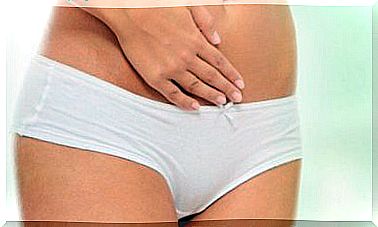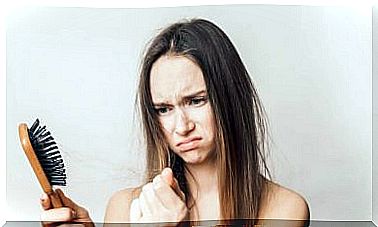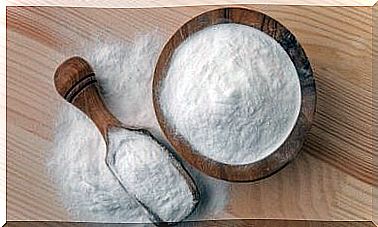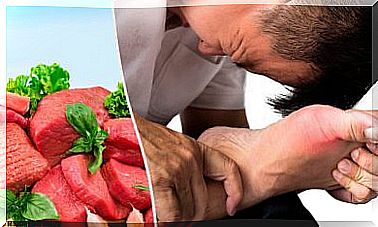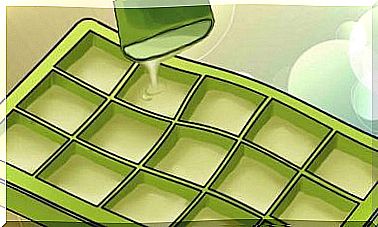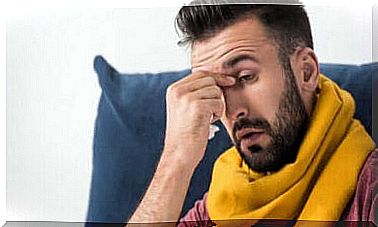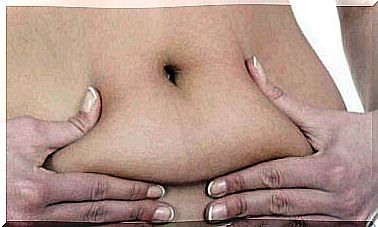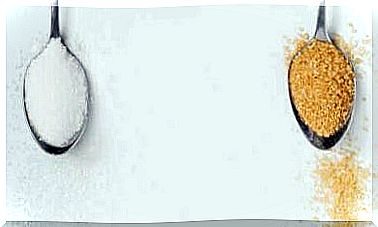Causes Of Heat Exhaustion And Treatment
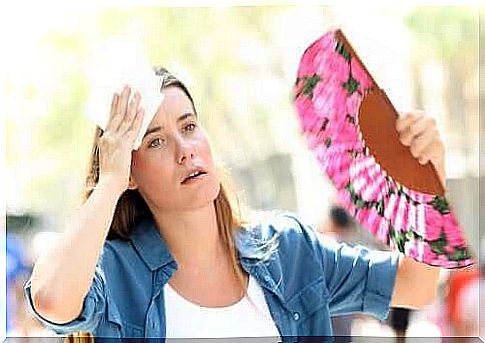
Heat exhaustion is a condition characterized by a high body temperature above 40ºC. It tends to occur in very hot climates and the various causes of heat exhaustion usually include a combination of high humidity and intense physical activity.
Heat exhaustion can worsen and turn into heat stroke, which is a much more serious and perhaps even life-threatening condition. The heat wave that hit Europe in 2003 caused more than 35,000 deaths as temperatures rose above 46º C.
The symptoms of heat exhaustion
The symptoms of heat exhaustion can be very unspecified and the patient may not want to associate what is happening with them with heat, humidity and exercise.
During a physical examination, the patient will usually have a temperature below 40º C or it may even be completely normal. However, this is due to compensatory mechanisms, such as sweating.
The most common symptoms are:
- Violent sweating.
- Pale and cold skin.
- High heart rate.
- Muscle cramps.
- Discomfort.
- Weakness.
- Dizziness.
- Headache.
- Nausea and vomiting.
- Dark urine due to dehydration.
No matter what happens during a heat stroke, patients with heat exhaustion usually maintain a normal state of mind and do not experience confusion or lack of consciousness. These conditions are rare with heat exhaustion, although patients may feel dizzy when they get up too fast.
What are the different causes of heat exhaustion?
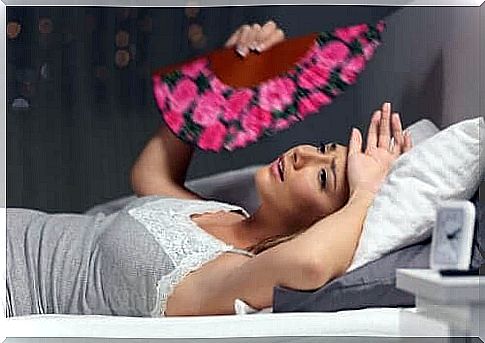
Heat exhaustion occurs basically due to the body’s failed attempt to maintain a normal body temperature while in a climate of high temperatures and humidity, due to physical overexertion. The body tries to regulate the temperature by sweating, but there will come a time when it will not be effective.
In addition to water, the body also loses electrolytes, such as sodium and potassium through sweat, which can cause muscle cramps and rapid heart rate.
It is important to keep in mind that the temperature of the thermometer does not always reflect the real danger of air temperature. Even if the temperature is not excessively high, heat exhaustion can occur if there are also high levels of humidity.
The heat index measures the temperature of the air as well as the effects of humidity and this is the most important value to take into account. Temperatures that are considered tolerable can therefore become quite dangerous in certain situations.
Risk factors in addition to the direct causes of heat exhaustion
As in many other cases, prevention is the best solution to heat exhaustion.
Companies are required to make workplace temperatures tolerable and appropriate. In offices and sedentary workplaces, temperatures should be between 17 and 27º C. If the temperatures are lower or higher than this, it is considered to be thermal stress. However, there is a lack of regulation in relation to outdoor work.
There are also several situations and health conditions that can aggravate the effects of temperature and humidity:
- Obesity.
- Heart disorders.
- Difficulty breathing.
- Certain types of medications: Antibiotics, epilepsy medications, diuretics, laxatives, antihistamines, vasoconstrictors, beta blockers, antidepressants and antipsychotics among others as well as some drugs such as cocaine and amphetamines.
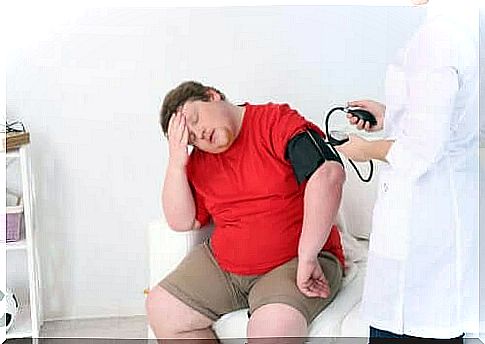
Workers are not the only ones at risk. Anyone who performs sports outdoors, such as cycling, athletics, mountaineering, etc., at dangerous times during the day and without adequate protection is also at risk of suffering from heat exhaustion.
Extra care should be taken with children and the elderly whose bodies cannot regulate the temperature so easily. As a result, these groups are more likely to experience heat exhaustion, even at lower temperatures and after only short-term exposure.
Reservations to be taken
- Go with light clothing that sits loose and is in bright colors.
- Wear a hat or visor or use an umbrella to avoid getting direct sun on your head.
- Apply and reuse sunscreen with high SPF, all depending on where you are, the season and the UV index.
- Drink enough water. Drink plenty of it and be sure to drink often, after short periods. To check if you are properly hydrated, you can simply check the color of your urine: If it is light, you are properly hydrated. However, if it is darker, you may be dehydrated and need to drink more water.
- Replace electrolytes that are lost with the water through sweat. Isotonic sports drinks or a classic alkaline lemonade (lemonade with sugar, baking soda and salt) can help.
- Reduce your intake of stimulant drinks that contain caffeine, such as cola, coffee, etc.
- Avoid consuming alcohol as it causes dehydration.
- As far as possible, you should plan the activities that require physical exertion, whatever it is related to sports or work, at times during the day that are less hot. In addition, it is also important to plan breaks that allow you to rest in a cooler place for a few minutes before resuming your activity.
- Under no circumstances should you ever leave a child in a car when it is hot. The temperature can rise many degrees and lead to death in a very short time.
Do this if you experience heat exhaustion
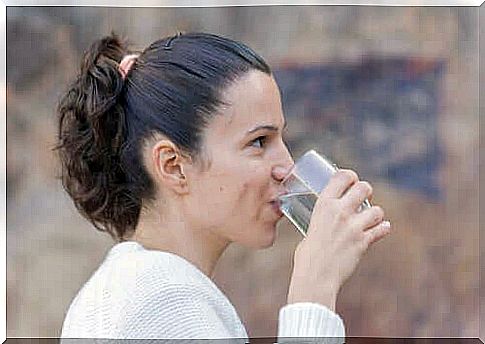
Proper hydration is the key to counteracting the various effects and causes of heat exhaustion. It is also important to find a cool place to rest.
In case of heat exhaustion you must:
- Walk away from places with hot temperatures and look for a cool place in the shade.
- You can lie on the floor and raise your legs to get the blood flow back to the heart and brain.
- Get rid of unnecessary clothing, button up buttons in the neck or any other area that could be annoying or limiting.
- Cool down with a cold bath. Get wet cloths on the head, neck and chest.
- Hydrate slowly with water or drink with electrolytes.
- The symptoms of heat exhaustion can last for several days. Do not exercise or expose yourself to heat or sun until you have fully recovered.
If you still have not recovered after following these recommendations and your body temperature remains high or you faint or have cramps, then you should call the emergency room or seek medical attention immediately.
It is very important to be careful with strenuous activities and other causes of heat exhaustion. Take the necessary reservations and measures.
